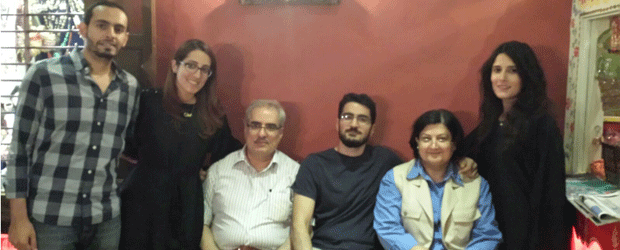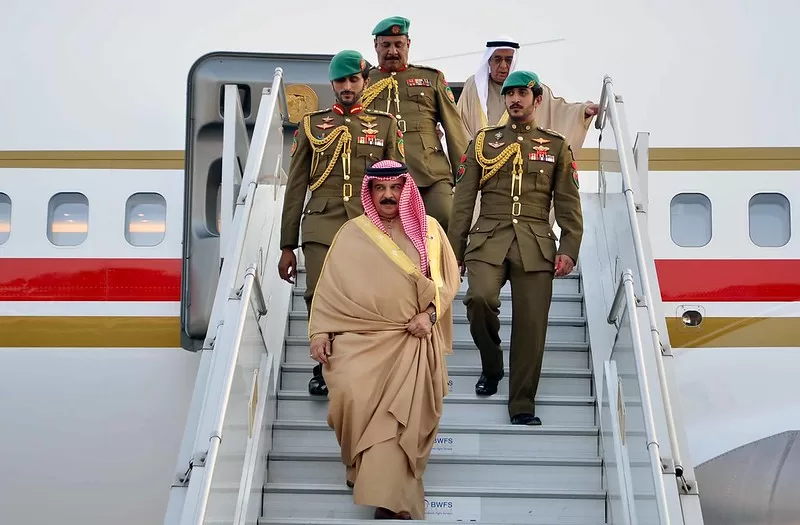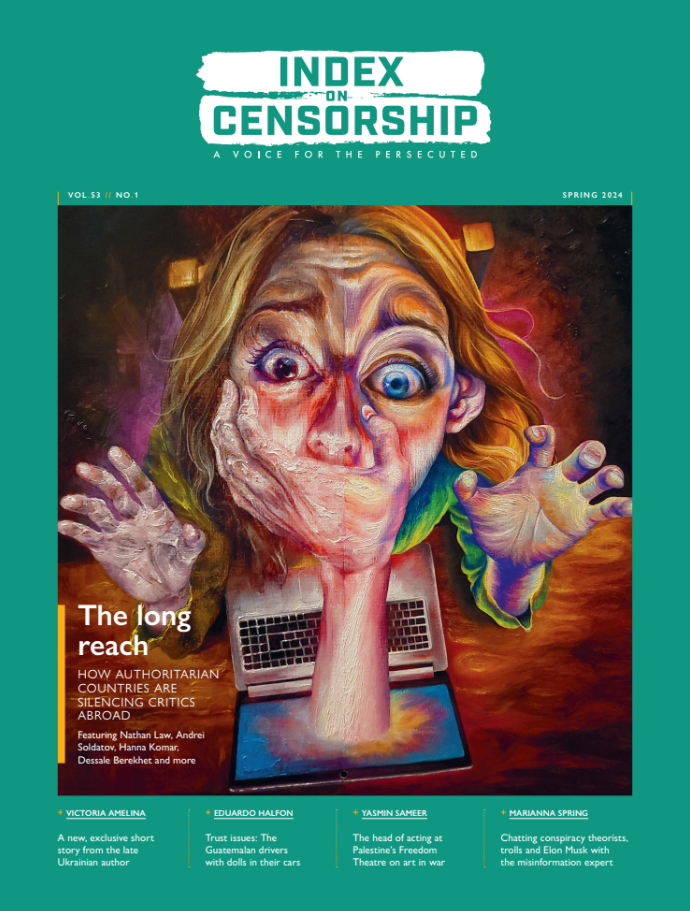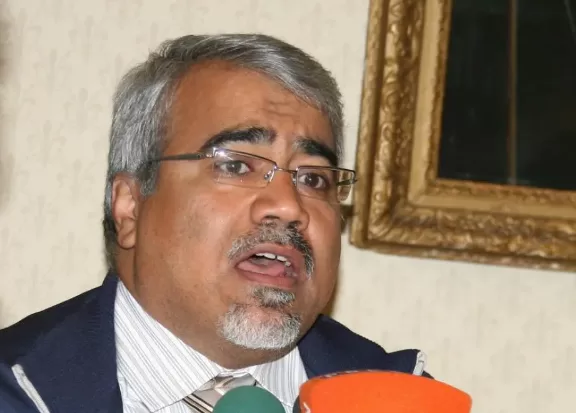Bahrain’s decision to file charges against Ebrahim Sharif underscores the country’s tactical use of judicial harassment to suppress freedom of speech.
Ebrahim Sharif, the former secretary-general of the secular opposition group National Democratic Action Society (Wa’ad), was charged with “inciting racial hatred against the regime” under article 165 of Bahrain’s penal code. The alleged offenses stem from tweets Sharif posted.
“As we have seen in Bahrain’s treatment of human rights activist Nabeel Rajab, the charges against Ebrahim Sharif target freedom of expression in an attempt to stifle even the mildest criticism,” Melody Patry, head of advocacy, Index on Censorship said.
In the charges the public prosecution office quoted one of Sharif’s tweets: “The ministry of justice threatens to dissolve the remaining opposition societies because they ‘lost the fundamentals of political activity.’ What remains of the decor of the democratic state?”
The prosecution alleges that the use of the word “decor” implies that there is no democracy in Bahrain, a crime according to them.
The prosecution is also citing three other Twitter conversations: an exchange in which Sharif reminded the Tunisian interior minister, who had demanded respect for Bahraini sovereignty, that Tunisia’s ousted president Ben Ali had expressed the same sentiment to repress the opposition during the Arab spring; a series of tweets about protester Abdulla Alzjooz, who Sharif referred to as a “martyr”; and a retweet of an Amnesty International poster commemorating the 6th anniversary of the arrests of leaders of the 14th February movement, with which Sharif included a message of respect.
The Bahrain Institute of Rights and Democracy reported that it is currently unclear whether the case will be transferred to the courts, or if the government has imposed a travel ban on the political leader, who was previously imprisoned from 2011 to 2015, and then again from 2015 to 2016 on similar charges stemming from his involvement in the pro-democracy movement and speeches he delivered. He could now face up to three more years in prison.
The charges against Sharif came on the same day a Bahraini court heard opened dissolution proceedings against Wa’ad. he Bahraini government is accusing Wa’ad of inciting violence and filed for the group’s dissolution earlier in March, though it provided no evidence of its allegations. Wa’ad’s lawyers requested time to respond to the charges, and the next court date is set for 17 April 2017.






